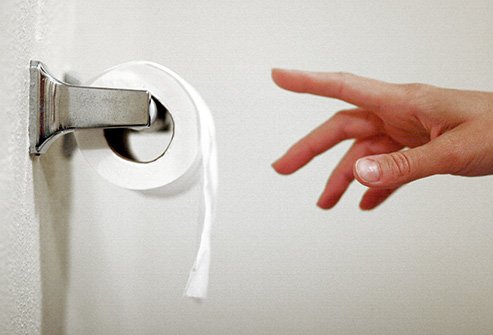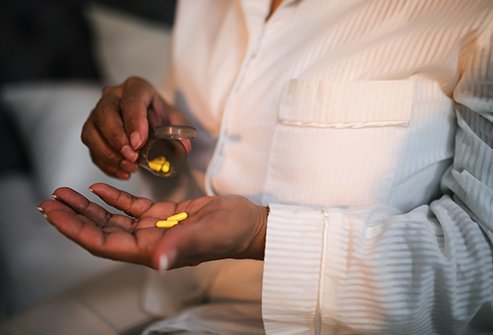
What Is Prodrome?
Sometimes called a pre-headache, this is when you might notice early warning signs of a migraine. It’s different for everyone and can start several hours or days before the headache fully hits. Try to note how you feel before each migraine and write it down in a journal so you’ll notice next time.

Most Common Signs
While not everyone feels the same things during prodrome, some symptoms happen more often than others. For example, you may yawn a lot, or you might need to pee more often. You could crave certain sweet foods more than usual, especially chocolate. If you have a bit of chocolate then get a migraine, you might think that caused it. But it may have just been a craving that was warning you a migraine was on the way.

Mood
Some people get irritable or depressed in the days or hours before a migraine. On the opposite end of the scale, some people feel a sense of intense happiness, or euphoria, in the hours beforehand.

Sleep
You may feel unusually tired before a migraine. And too much or too little sleep could help bring one on. Pay attention to how sleep connects to your symptoms. That can help you stay away from your triggers and possibly keep a migraine from coming on.

Belly Problems
Prodrome can sometimes affect your digestive system. You may feel sick to your stomach or have constipation or diarrhea. Your doctor or pharmacist can help you treat those, but that probably won’t prevent a migraine.

Sensitivity to Light or Sound
These are common signs of a coming migraine, and they often continue through the headache and post-headache stages. Bright light or loud noises can even trigger a second one as you’re getting over the first.

Changes in Vision
As you get closer to a migraine, your vision may get blurry. You also might have blind spots or see flashing lights or shapes. These issues can slowly get worse, but they don’t usually last more than an hour.

What to Do: Pain Relievers
Whether they’re prescription or over-the-counter, the trick is to take these as soon as you notice the telltale signs. The earlier you do, the better the results. But taking too much or taking them too often can cause stomach ulcers and possibly withdrawal headaches when you stop.

What to Do: Have a Little Caffeine
Sometimes, this can stop some early stage migraine pain by itself. It also may help boost the effects of pain relievers like aspirin, acetaminophen, and ibuprofen. Just don’t overdo it. Too much caffeine might lead to withdrawal headaches when you try to cut back.

What to Do: Meditate
Teachers and therapists can help you get started, or you can just keep it simple. Take 10 minutes every day to breathe deeply and slowly as you relax each group of muscles in your body, one at a time. Afterward, sit quietly for a couple of minutes and clear your mind. That can help anytime, but it may be especially useful if you notice warning signs of a migraine.

What to Do: Avoid Food Triggers
Certain things -- aged cheese, some fruits and nuts, alcohol, fermented or pickled items, and additives like nitrates and MSG -- can lead to migraines in some people. You may be able to figure out which ones bother you if you keep track of what you eat in a food journal.

What to Do: Lie Down in a Dark Room
This helps on two fronts. First, it calms and relaxes you, and that’s good when you want to fend off migraine pain. Second, it gets you away from bright light, which can make your symptoms worse.

What to Do: Try Heat or Cold
A cold compress on your neck or head can numb the area and dull pain signals. A heating pad might relax tense muscles. (A warm bath or shower could do the same thing.) You might try going back and forth between the two.